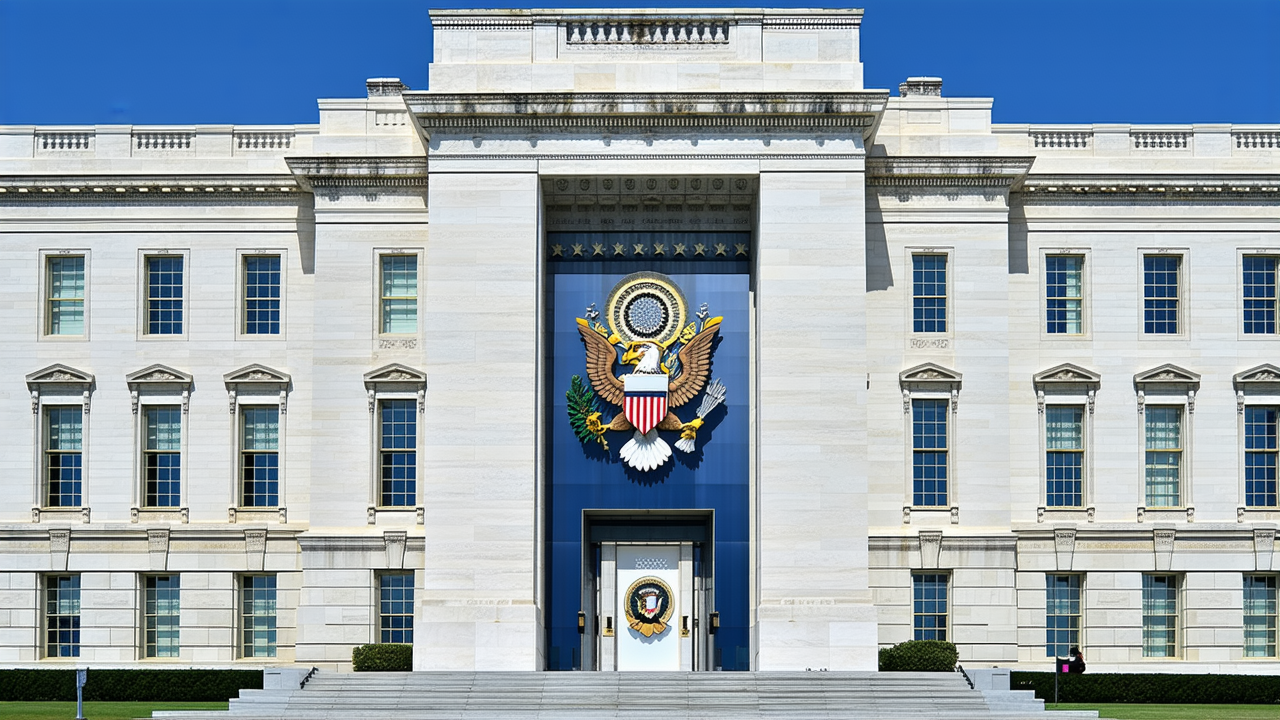US State Department Intensifies Visa Scrutiny Under Trump Policies
US State Department Intensifies Visa Scrutiny Under Trump Policies
In a significant move that has sparked international concern, the US State Department has issued a warning that all 55 million foreign nationals holding valid US visas are now subject to ongoing review as part of the Trump administration's broader crackdown on immigration and visa policies. This sweeping approach marks a dramatic shift in how the US manages its visa system and raises questions about the implications for foreign visitors and students.
A State Department official confirmed that the department is actively revoking visas when there are signs of potential ineligibility, such as overstaying their visas, engaging in criminal activities, posing threats to public safety, or being involved in terrorist activities. While the official did not explicitly confirm that all 55 million visas are currently under active review, it is clear that the administration sees all of them as potential targets for scrutiny.
The administration has emphasized that the review process is being intensified, particularly for student visas, and that the State Department is now monitoring applicants' social media activity more closely than ever before. This heightened focus on digital footprints has raised concerns among international students and scholars who fear that their online presence could be misinterpreted or used against them.
In a controversial move, Secretary of State Marco Rubio has utilized an obscure law to target individuals who are perceived to be acting against US foreign policy interests, including anti-Israel protesters. This approach has drawn criticism from human rights groups and legal experts who argue that it is being used to suppress dissent and target individuals based on political beliefs rather than actual threats.
According to the State Department, over 6,000 visas have been revoked since Rubio took office — a number that is four times higher than the number revoked by the Biden administration during the same period. However, the administration has not been without setbacks. High-profile cases, such as the release of Mahmoud Khalil and Rumeysa Ozturk by judges, have highlighted potential flaws in the visa revocation process and raised questions about the fairness and transparency of the administration's approach.
While the administration maintains that its actions are aimed at protecting national security and ensuring that only eligible individuals are granted visas, critics argue that the policy is overly broad and risks alienating international partners and students who have long relied on the US visa system. As the administration continues to tighten its grip on visa policies, the global community will be watching closely to see how these measures are implemented and what long-term consequences they may have on international relations and educational exchanges.
